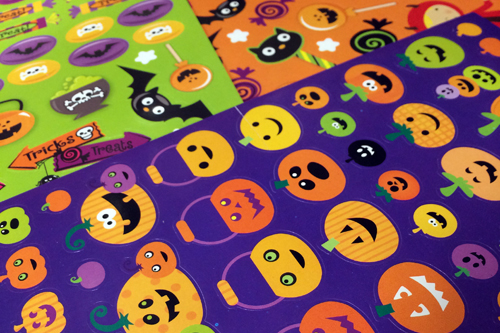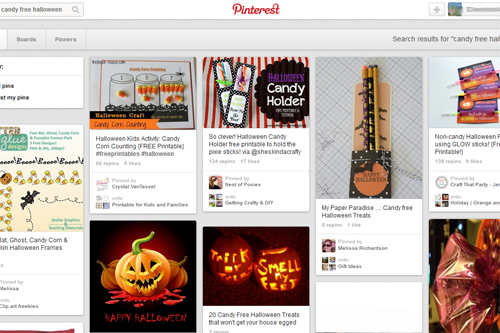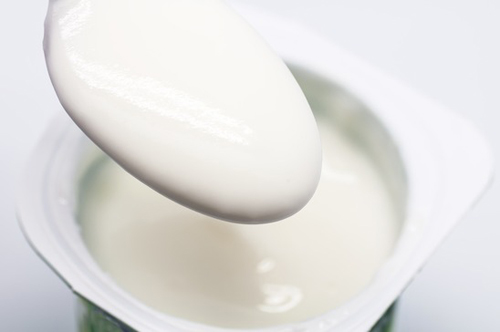One of the most surprising facts of caring for your teeth is that you should actually wait at least an hour after eating before brushing. In fact, brushing right after a meal may actually do more damage than good.
Here’s why you shouldn’t brush your teeth immediately after eating.
Your tooth enamel, the hardest substance in your body, works to protect your teeth. But acids created by food can wear away that protective enamel. During meals, that acid level gets elevated and your teeth are at their weakest state.
Your body has a natural way to correct the high acid levels in your mouth and return it to a proper pH level. It’s the work of saliva to naturally wash away food particles and give your enamel the balance it needs to continue its protective work.
Brushing right after meals can mean that you are actually attacking your teeth! Even soft-bristled toothbrushes can be highly abrasive when enamel is already weakened by high acid levels. It’s best to let saliva do its job after you eat. You can help the process along by rinsing your mouth with water or chewing sugarless gum which will help to increase the amount of saliva in your mouth even more.
But don’t forget to brush!
Wait at least an hour for your mouth to recover from the acid assault. And don’t forget to brush at least two times a day and for two minutes each time.










